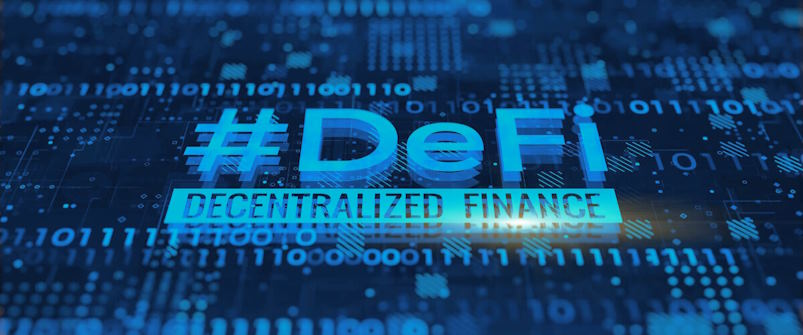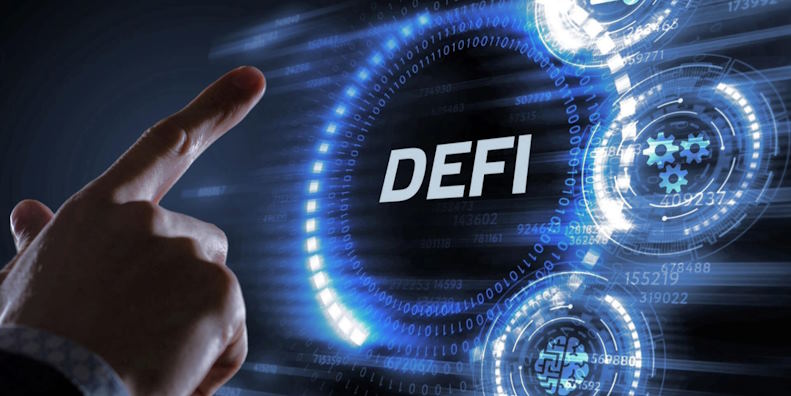The financial area is in the midst of a profound transformation, one that is reshaping the fundamental underpinnings of conventional banking and investment. Leading this charge is Decentralized Finance (DeFi), a digital financial ecosystem that thrives independently of traditional banks, intermediaries, or centralized authorities.
How does it work?
It operates by tapping into the capabilities of blockchain technology, smart contracts, and a network of decentralized applications to offer a wide spectrum of financial services. Now, let’s explore the process it works:
Blockchain Technology
DeFi is predominantly constructed upon blockchain networks, with Ethereum emerging as the most widely adopted option. These blockchain systems offer a transparent and immutable ledger that diligently logs all transactions and operations.
Smart Contracts
Smart contracts are autonomous agreements where contract terms are directly coded into the system. They form the core of DeFi by automating financial operations, removing intermediaries, and guaranteeing trust among participants. These smart contracts are immutable and operate on the blockchain.

Decentralized Exchanges (DEXs)
DeFi often includes decentralized exchanges where users can trade cryptocurrencies directly. DEXs, such as Uniswap and SushiSwap, operate without intermediaries and allow users to maintain control over their funds.
Lending and Borrowing Protocols
DeFi lending and borrowing platforms enable users to lend their cryptocurrency assets and earn interest or borrow assets by providing collateral. Popular DeFi lending platforms include Compound and Aave. Users can engage in these activities without going through traditional banks.
Governance Tokens
Many DeFi projects have introduced governance tokens. Holders of these tokens have a say in the project’s decision-making processes, including upgrades, changes to parameters, and more. Governance tokens like COMP and MKR are used to participate in decentralized governance.
Risks and Challenges
DeFi is not without its risks, including smart contract vulnerabilities, security breaches, and regulatory challenges. Users must know these risks and employ risk management strategies when participating in DeFi.
Decentralization
Central to DeFi is the principle of decentralization. Rather than depending on a single entity or institution, DeFi operates across a distributed network of nodes, bolstering its resilience against censorship and mitigating the risks associated with single points of failure.

